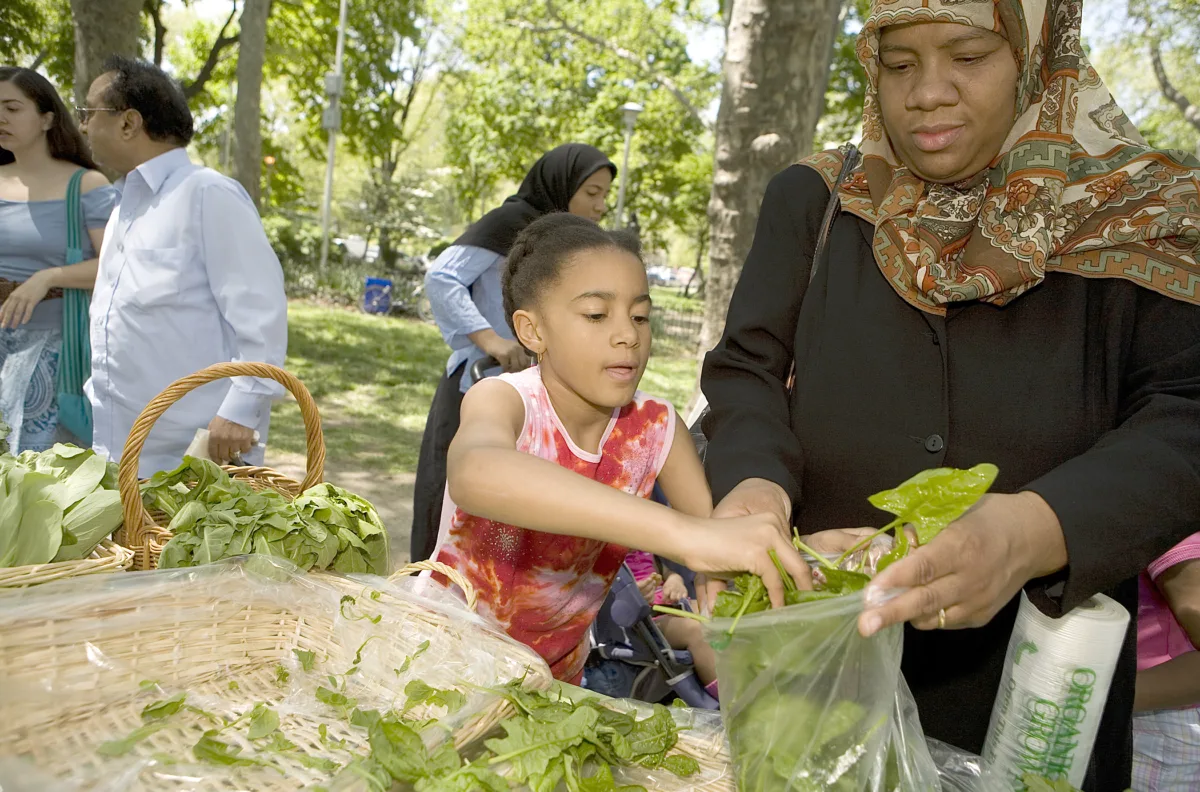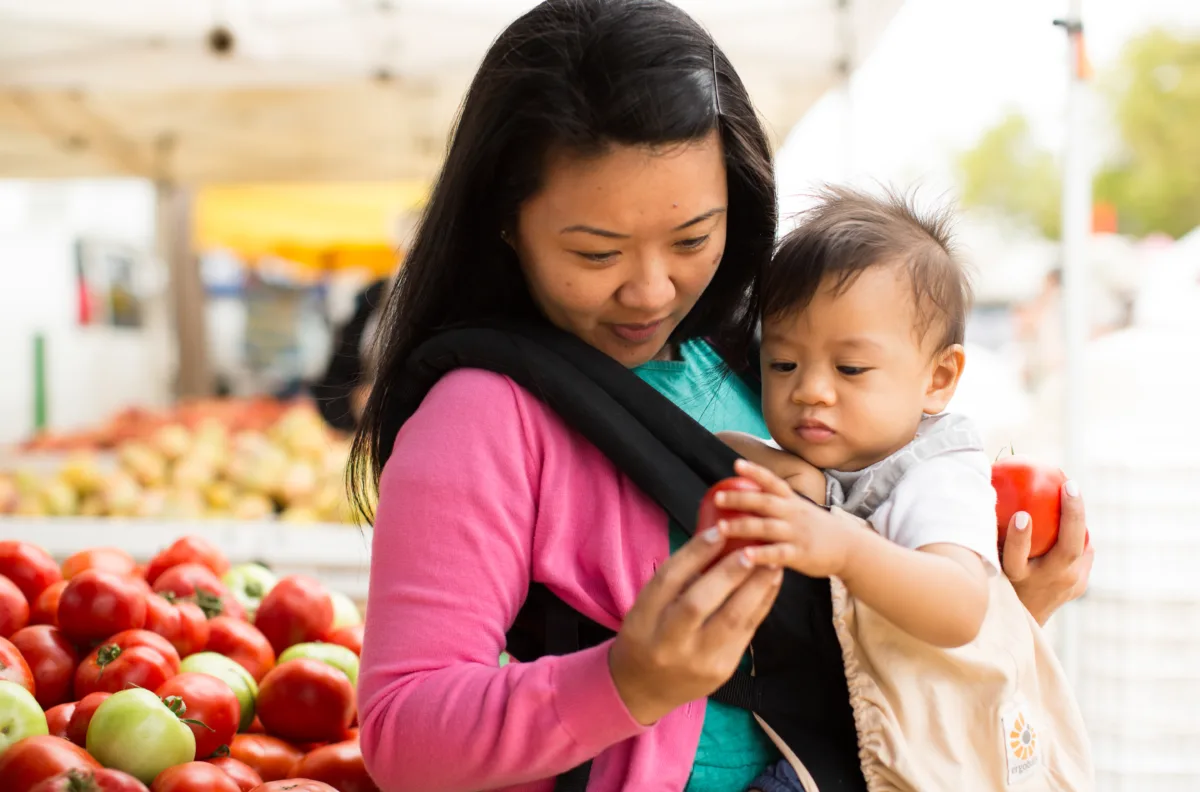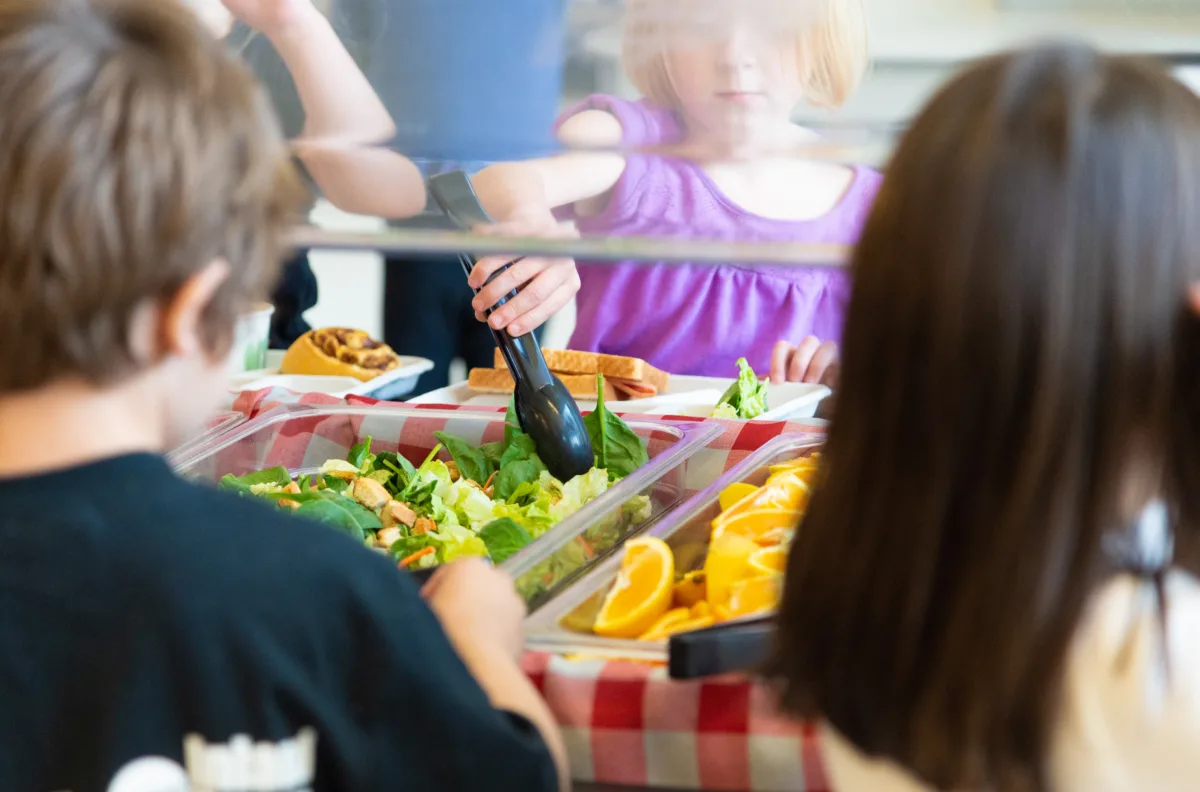All kids deserve access to healthy, culturally appropriate foods that keep their bodies and minds nourished, and school meals are one of the best tools we have to achieve that. During the height of the COVID-19 pandemic, every child nationwide received free meals at school. The federal policy providing universal school meals nationwide has ended, but some states have implemented their own policies to offer universal school meals.
We recently spoke with Karen Spangler, policy director at the National Farm to School Network (NFSN), to discuss how NFSN is working with state coalitions to advance food justice through school meals, and what a return to a national policy could look like.


